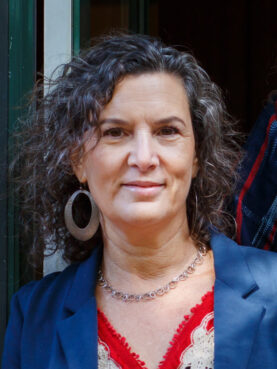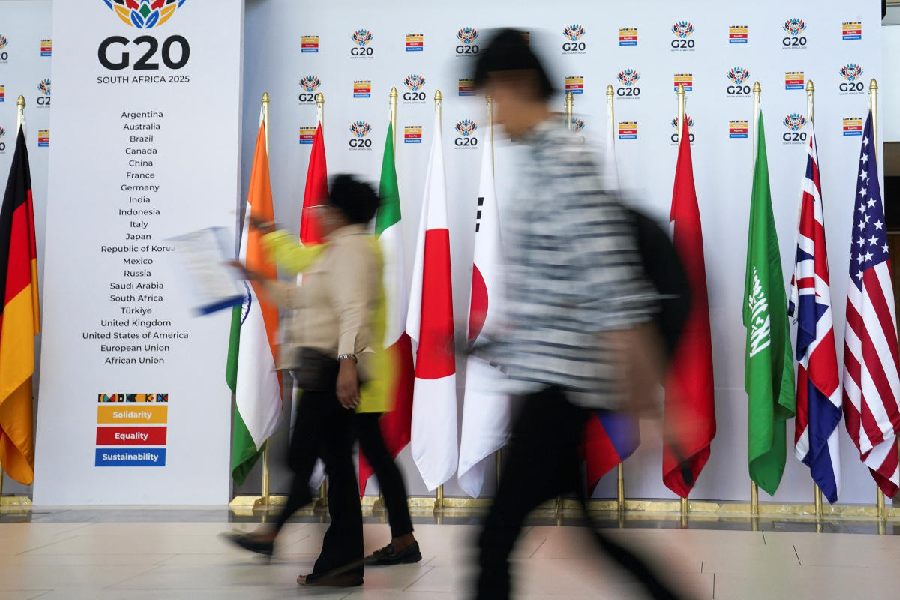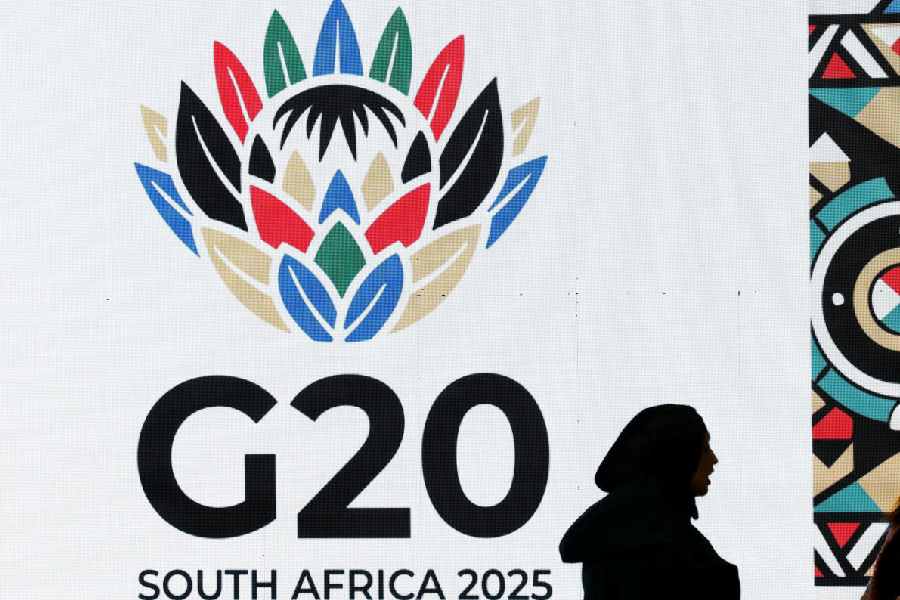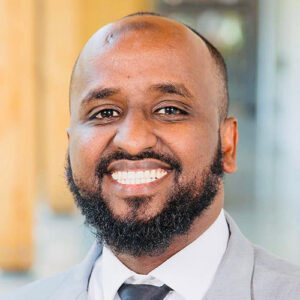HT News Desk
The US CDC is providing “technical assistance, laboratory support and vaccines as needed” to West Texas authorities
A school aged girl died late Tuesday due to measles outbreak in West Texas, marking the first such casualty in the United States since 2015. The spread, which began last month, has affected 124 people in nine counties so far.

Texas Department of State Health Services said in a statement that the death was a “school-aged child who was not vaccinated”. She was hospitalised last week due to what officials described as Texas' largest outbreak in nearly 30 years.
The death was first confirmed by Texas Tech University Health Sciences Center spokesperson Melissa Whitfield, AP reported. The state health agency is leading the disease investigation.
West Texas measles outbreak
The US Centers for Disease Control and Prevention (CDC) also confirmed that this is the first measles death in the country since 2015. The agency told AP that it is providing “technical assistance, laboratory support and vaccines as needed” to West Texas.
In West Texas, the outbreak is largely spreading in the Mennonite community. A health department data showed that a vast majority of positive cases are among people younger than 18.
Health department spokesperson Lara Anton cited the “close knit and under-vaccinated” nature of the Mennonite community as one of the probable reasons for the outbreak.
It has largely affected people from families who attend close-knit religious schools or are home-schooled. Gaines County with 80 cases, one of the highest in Texas, has the highest number of school-aged children who opt out of at least one required vaccine.
Earlier this month, US health secretary Robert F. Kennedy Jr. said that a panel would look into children's vaccine schedules to prevent measles and other dangerous diseases.
Measles, a respiratory virus, can survive suspended in the air particles for up to two hours. According to the US CDC, 9/10 people are susceptible to infection if exposed.
If infected, most people can recover from the infection, but it could lead to medical complications like pneumonia, blindness, brain swelling and death, AP reported.
The death was a "school-aged child who was not vaccinated" and had been admitted to hospital last week, the Texas Department of State Health Services said on Wednesday in a statement
Wednesday 26 February 2025,
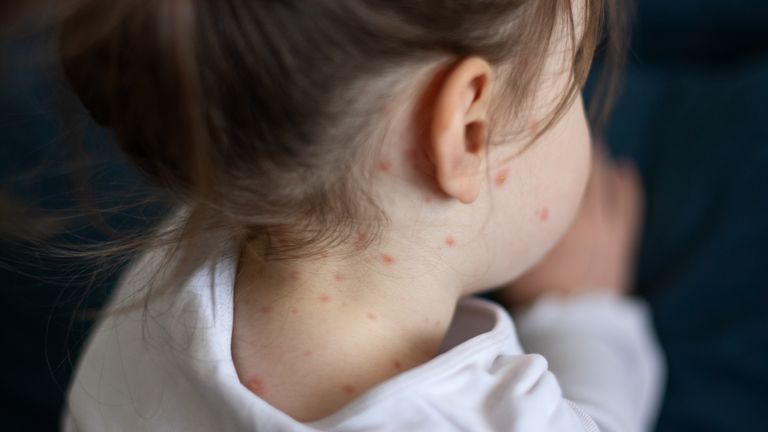
An unvaccinated child has died from measles in West Texas, the first death in an outbreak that broke out late last month.
It is also the first death from measles in the US since 2015.
Sponsored link
The death was a "school-aged child who was not vaccinated" and had been admitted to hospital last week, the Texas Department of State Health Services said on Wednesday in a statement.
Lubbock health officials also confirmed the death, but neither agency provided more details. Covenant Children's Hospital in Lubbock didn't immediately respond to a request for comment
The measles outbreak in rural West Texas has grown to 124 cases across nine counties, the state health department said Tuesday.
The vast majority of cases are among people younger than 18, according to Texas health department data.
There are also nine cases in eastern New Mexico.
More on Measles

Measles: Mum urges parents to vaccinate children after baby left 'struggling to breathe'

Measles cases worldwide almost double in a year - as England faces measles 'emergency'

Parents describe baby's 'scary' measles symptoms - as cases across country soar
"The loss of a child is a tragedy" and Governor Greg Abbott and his wife are praying for "the family, loved ones and the entire Lubbock community", Abbott spokesman Andrew Mahaleris said.
Gaines County, which has 80 cases, has one of the highest rates in Texas of school-aged children who opt out of at least one required vaccine, with nearly 14% of children from kindergarten to the age of 16-17 in the 2023-24 school year.
The US Centres for Disease Control and Prevention confirmed the child's death reported on Wednesday is the first measles death in the country since 2015.
Measles usually starts with cold-like symptoms, followed by a rash a few days later. Some people may also get small spots in their mouth, according to the NHS.
The measles infection can spread very rapidly and lead to serious complications, lifelong disability and even death.
It can affect the lungs and brain and cause pneumonia, meningitis, blindness and seizures.
The NHS says the best way to protect yourself against measles is vaccination.




